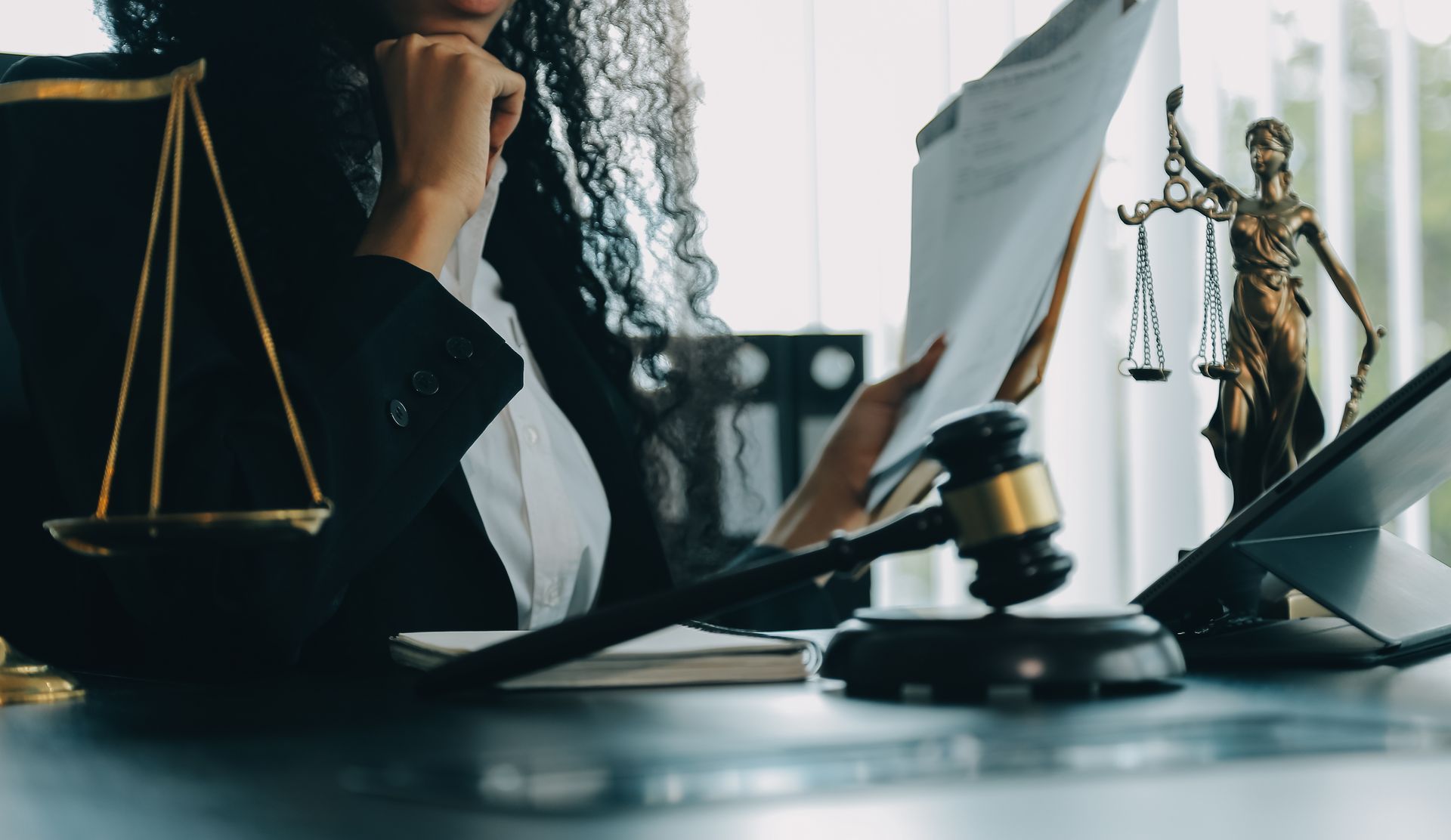What to Expect at Your First Attorney Consultation After an Accident
A step-by-step look at how to prepare, what happens, and how to make the most of your first legal meeting.

Taking the First Step Toward Recovery
After a car accident, the days that follow can feel overwhelming — between doctor visits, insurance calls, and the pain of recovery, it’s easy to feel lost. Meeting with an attorney is often the first major step toward getting the help and compensation you deserve.
But many people feel nervous before that first meeting. What will they ask? What do you bring? What if you don’t know all the answers yet?
This guide will walk you through what to expect during your first consultation, how to prepare, and what questions to ask so you can feel confident and supported from the very start.
Understanding the Purpose of the Consultation
Your first consultation is more than just a meeting — it’s your chance to share your story and find out if the attorney is the right fit for your case. Most personal injury lawyers in Arizona offer free consultations, so there’s no cost to ask questions or explore your options.
During this appointment, you can expect the attorney to:
- Listen to the details of your accident and injuries.
- Review any evidence or documents you bring.
- Explain your legal rights and what compensation may apply to your situation.
- Outline possible next steps or timelines for filing a claim.
The main goal is to understand your case, answer your questions, and decide whether to move forward together.
How to Prepare Before the Meeting
Preparation helps your consultation go smoothly and ensures you don’t forget key details. Here’s what to gather before your appointment:
1. Accident Documentation
Bring a copy of your police report (if available), photos of the accident scene, and any witness information. These help the attorney see what happened and who may be at fault.
2. Medical Records and Bills
If you’ve been treated for your injuries, bring your discharge papers, medical bills, or notes from doctors or specialists. This helps the attorney understand the physical and financial impact of the accident.
3. Insurance Information
Include your auto insurance card, policy number, and any correspondence you’ve received from your insurer or the other party’s insurance company.
4. Communication Records
If you’ve spoken to an insurance adjuster, make notes of who you spoke with and what was said. This information can be very useful later.
5. Personal Notes
Write down what you remember about the accident while it’s fresh — the time, location, weather, traffic conditions, and how the crash occurred.
Bringing these details helps your attorney assess the strength of your case and ensures you get clear, accurate advice.
What Happens During the Consultation
Once you sit down with the attorney, they’ll start by listening. Most consultations last 30 to 60 minutes, depending on the complexity of your case. Here’s what usually happens:
1. Telling Your Story
You’ll share the details of your accident — how it happened, what injuries you sustained, and how it’s affecting your daily life. Be honest and detailed. Attorneys are there to help, not judge.
2. Reviewing Evidence
The attorney will look through your documentation and may ask clarifying questions. They’re trying to determine who was at fault and whether there’s enough evidence to pursue a claim.
3. Explaining the Legal Process
They’ll walk you through what filing a personal injury claim looks like, how long it may take, and what kind of compensation you might recover — such as medical expenses, lost wages, or pain and suffering.
4. Discussing Fees
Most personal injury attorneys work on a
contingency fee basis, meaning they only get paid if they win your case. Make sure to ask about their percentage and any other costs that might apply.
5. Questions and Next Steps
Finally, you’ll have a chance to ask questions. The attorney may suggest scheduling a follow-up meeting or signing a representation agreement if you both feel it’s a good fit.
Questions to Ask Your Attorney
It’s easy to forget what you wanted to ask once the conversation begins. Here are some questions to bring with you:
- How many cases like mine have you handled?
- What challenges do you see in my case?
- How will you keep me updated as my case progresses?
- Who in your office will be my main point of contact?
- What is your estimated timeline for resolution?
These questions help you understand the attorney’s communication style, experience, and expectations — all key to building trust.
Emotional Preparation: Remember You’re Not Alone
It’s completely normal to feel nervous or emotional during this process. Accidents are traumatic, and discussing them can bring back difficult memories.
Attorneys who focus on injury cases understand this. They’ve worked with people in your shoes — people who were scared, frustrated, or unsure where to turn. You deserve compassion, patience, and clear guidance every step of the way.
If at any point you feel overwhelmed, remind yourself that this meeting is about taking back control of your situation. You’re moving from confusion to clarity — and that’s powerful.
Take That First Step
Your first attorney consultation is not just about paperwork — it’s about beginning your journey toward healing and justice. The more prepared and open you are, the more productive that first meeting will be.
Whether you’re dealing with physical pain, emotional stress, or financial uncertainty, help is available right now.
Call Christina Now — a free accident helpline that connects you with trusted legal and medical professionals ready to listen, guide, and support you every step of the way.

